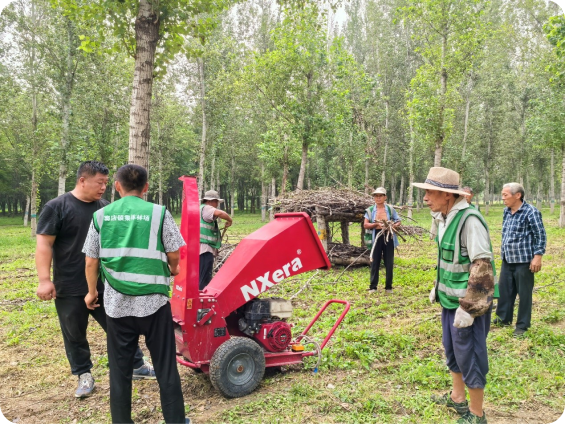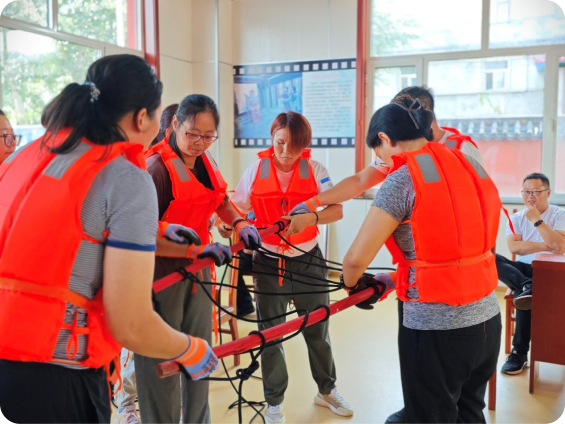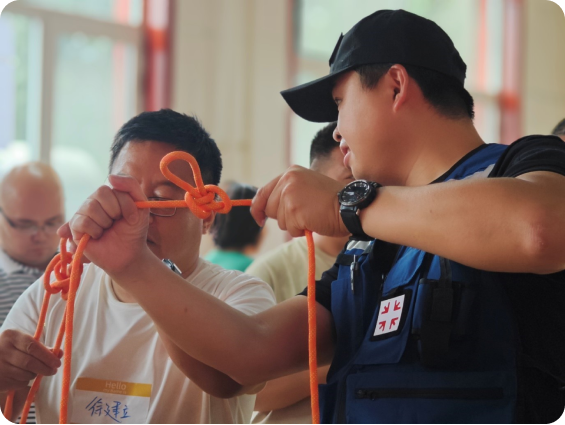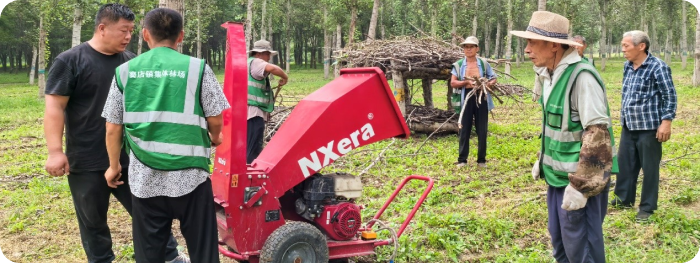Background
China’s northern regions suffered unprecedented flooding in July and August 2023, as a result of the dual impact of tropical typhoons and the southwest monsoon season. The disaster left behind a trail of damage, with an estimated 1.3 million people affected in the Fangshan and Mentougou districts alone. The social, economic and human impact of these climate-induced extreme weather events highlighted the urgent need to improve climate adaptation and sustainability efforts, particularly in these sub-regions which have yet to build resilient foundations to withstand the ever-changing climate.
In addition to weak disaster response systems, many rural regions have maintained the traditional practice of open agricultural burning. Despite the fact that the government had imposed a strict ban on the practice since 1999, burning straw has remained a quick-fix and economical practice for rural communities, especially as alternative technologies to process agricultural waste have yet to be made widely available.
The practice of open burning causes many environmental woes, including the generation of black carbon and carbon emissions that fuel climate change, as well as reduced soil fertility. The health toll should not be overlooked either, with long-term inhalation of pollutants associated with higher risks of respiratory diseases, heart problems and even neurological disorders.
Given these issues, grassroots communities in the village town of Doudian are now looking to explore new technologies to sustainably convert and treat agricultural and organic waste.
Led by Social Workers Across Borders, this initiative seeks to respond to these needs of grassroots and rural communities in this region. Through a series of climate resilience projects, the goal is to enhance the locality’s ability to cope with increasingly frequent extreme weather events brought on by the climate crisis. The programme will also hone in on the development of sustainable, carbon-friendly waste management systems.




